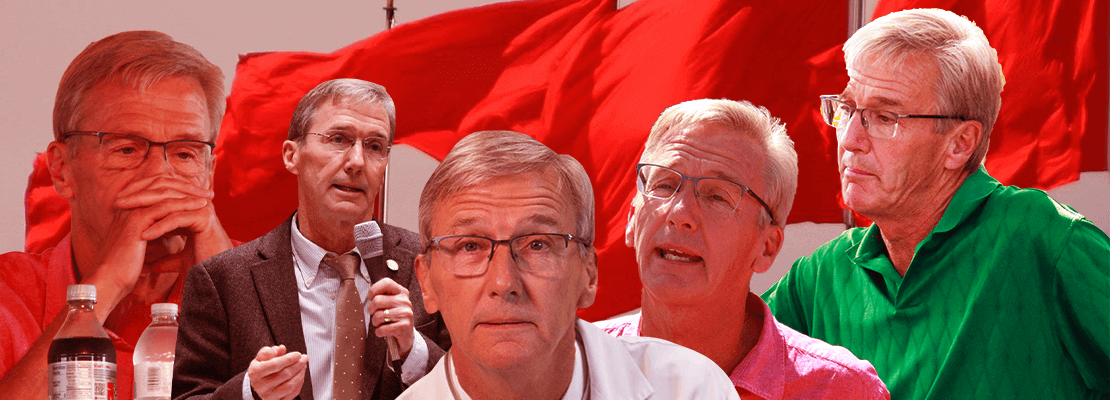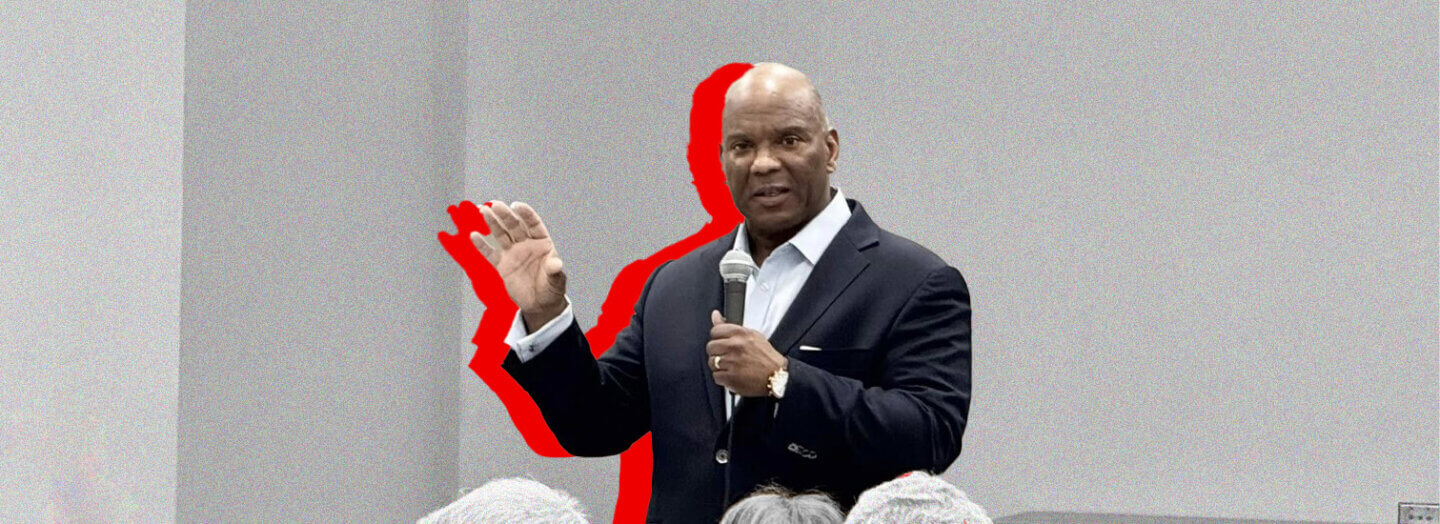Minnesota’s Fair Taxation Structure.
BY:
 In Minnesota, our progressive legislators think it’s fairest for those who have the most to pay their fair share. And it turns out that the nonpartisan Institute of Taxation and Economic Policy agrees with that logic.
In Minnesota, our progressive legislators think it’s fairest for those who have the most to pay their fair share. And it turns out that the nonpartisan Institute of Taxation and Economic Policy agrees with that logic.
According to an annual analysis of state and local tax systems, Minnesota has one of the fairest tax structures in the country. The gap between what middle- and low-income earners pay and what high-income earners pay in Minnesota is smaller than the gap in 44 other states. One reason for this is that our progressive leaders made progress in asking the rich and big corporations to pay their fair share in 2013. In some of the worst-off states, the poorest 20 percent of taxpayers pay more than double the rate paid by the richest taxpayers.
Tax structures that unfairly favor the wealthiest contribute to income inequality (which is at its worst since before the Great Depression), and make it harder for middle-class families who are struggling to get by. We still have more to do to get middle class families back on their feet, but we made a great start.
When nonpartisan organizations agree that the tax structure set up by the DFL is one of the fairest in the country, it’s time to recognize that this system works. Progressive taxation, such as the type that is active in Minnesota, allows everyone to pay their fair share so that we all succeed.
JOIN US.
contribute to the conversation


